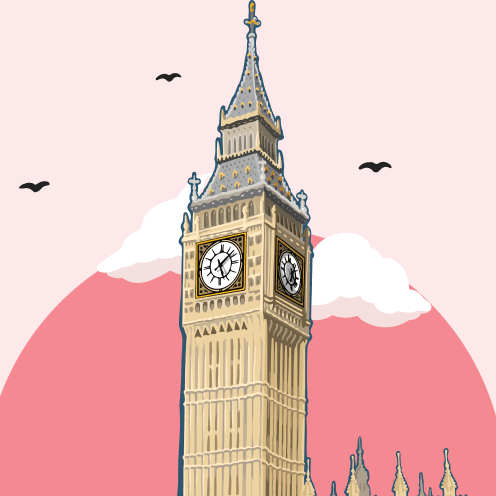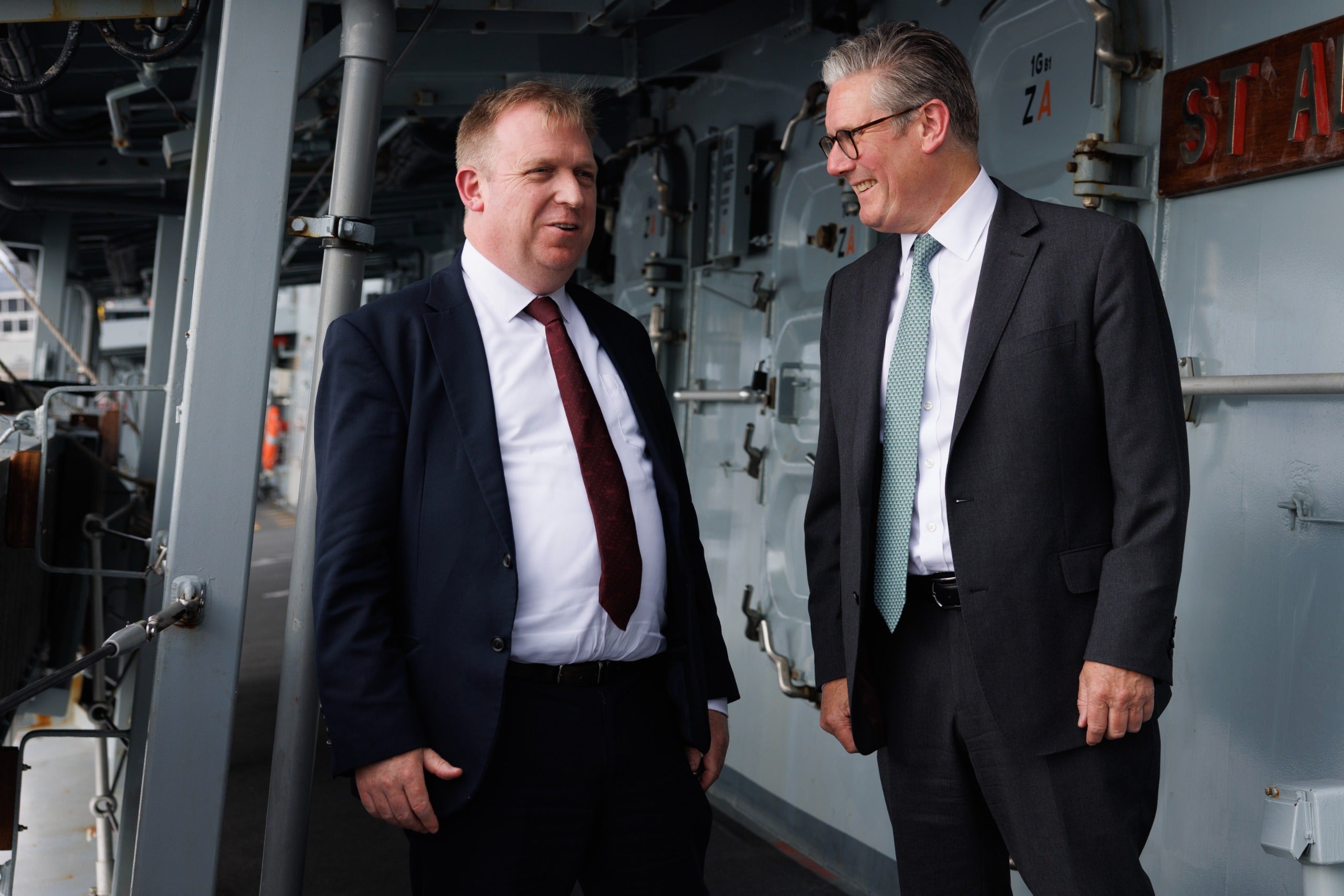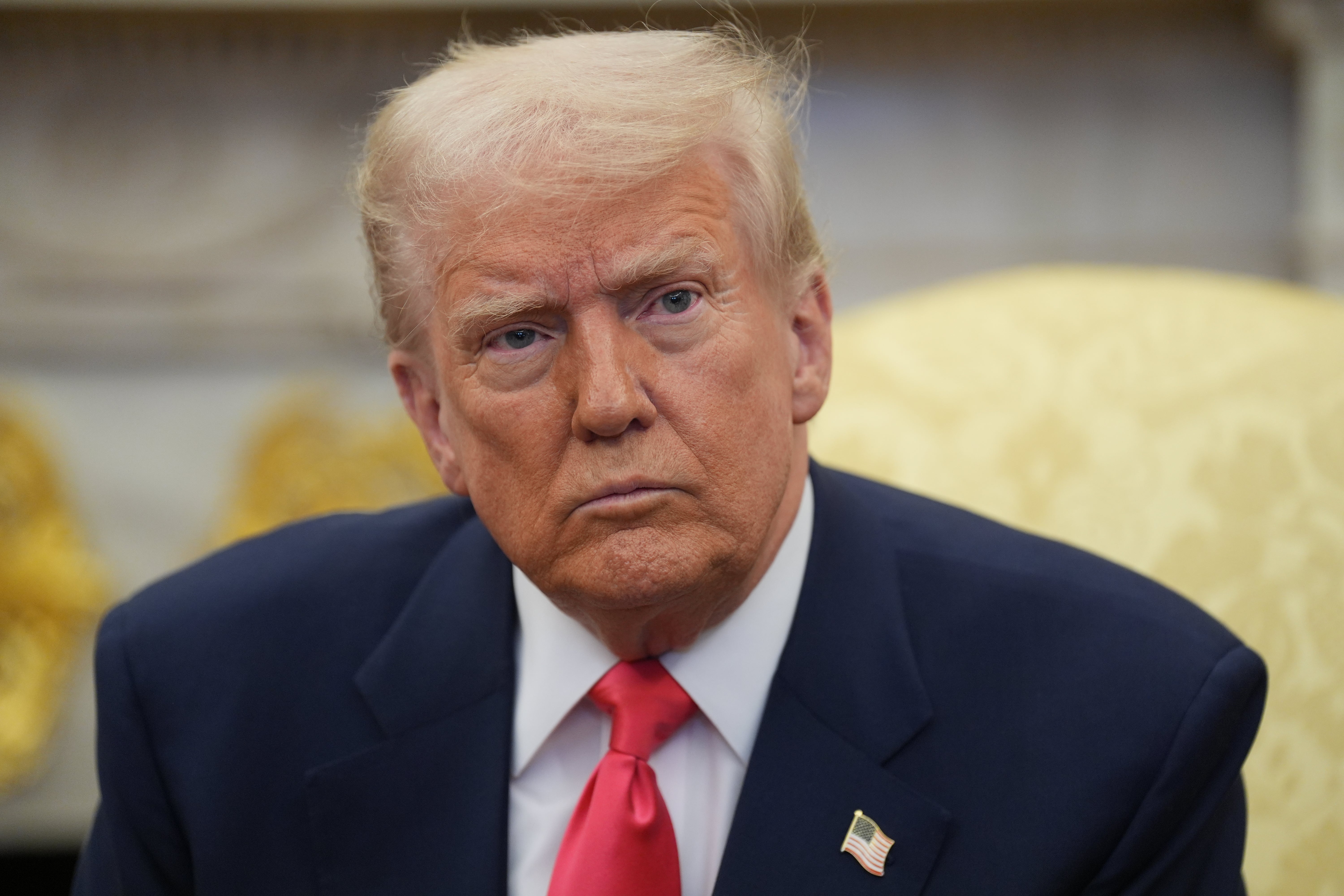Shorouk Express
Sign up for the View from Westminster email for expert analysis straight to your inbox
Get our free View from Westminster email
Get our free View from Westminster email

Sir Keir Starmer has revealed how his special relationship with Donald Trump helped secure a historic trade deal between the UK and US.
In an exclusive interview with The Independent, the prime minister lifted the lid on how nurturing their friendship won the prize, proving critics wrong about his approach to dealing with a tricky opponent.
Sir Keir said the “grown-ups” had set aside their huge political differences to reach a deal, and told how a last-minute telephone call from Mr Trump on Wednesday night finally secured a deal after weeks of negotiations by both sides.
A joint news conference the next day, in which the two leaders were on first name terms, gave the appearance of the warmest relationship between a prime minister and president since Margaret Thatcher and Ronald Reagan in the 1980s.
It marks an extraordinary turnaround for a Labour leader whose foreign secretary David Lammy once referred to the president as a “woman-hating, neo-Nazi-sympathising sociopath”.

open image in gallery
“As [Trump] would say, and we discuss this, we come from different political backgrounds, but we get on genuinely, get on and talk quite a lot,” the prime minister said.
In a pointed remark about the failures of his Tory predecessors in securing a trade deal, Sir Keir noted: “We have two leaders who are capable of getting on and, as [Trump] said yesterday, many people have talked about doing a UK-US deal and it’s Donald Trump and Keir Starmer who have gone and done it.”
Getting it done included taking a call from the president just before half-time in the Champions League semi-final second leg as Sir Keir’s beloved Arsenal were trailing 1-0 against Paris Saint-Germain.
Sir Keir took the call, waving off efforts by Downing Street officials to allow him to keep an eye on the game, and got down to expanding the deal.
Critics have called on the PM to adopt a more aggressive stance against Mr Trump, pointing to the political success of Mark Carney in Canada. But the prime minister was clear he has his own way of doing things.

open image in gallery
“I am the sort of person that tries to have constructive and positive relations with people,” he said. “I don’t really believe in slamming doors and that sort of way of doing politics. For me, politics is about delivery and we have struck up a good relationship.
“From the first time we met in New York when he was on the campaign trail when we had dinner together, a private dinner at his request, we got on from there and built on that at the White House and then have spoken many times in between.”
While critics have painted Mr Trump as childish, Sir Keir has a very different take. “I think it shows that grown-up politicians can make common cause without being derailed by dogma and ideology,” he said.
The prime minister also continued to defend Mr Trump over his handling of the Ukraine war, a position that has made many Western allies nervous and drawn a huge amount of criticism.
“He’s pragmatic, and you know, very clear about what he’s trying to achieve. So for example, if you take Ukraine, he knows what he’s trying to achieve, which is a ceasefire, and we got significantly closer in the sense of the message that he put out in the last 24 hours, about [the] 30 days’ ceasefire and consequences.”
Despite the US maintaining a 10 per cent tariff on UK imports in many sectors, Sir Keir was clearly still buzzing from what he had achieved.
“It is hugely important, and that’s why I went straight to Jaguar Land Rover [JLR], because there we got the tariffs on cars down from 27.5 per cent to 10 per cent. That is a huge sector. JLR itself, with its supply chains, involves 250,000 jobs, and you could feel the relief was palpable, and now it means an important British brand can continue to expand.”
He is also the prime minister who landed a trade deal with India after eight years of stalled efforts – something he put down to developing ties with Indian premier Narendra Modi.
“I had a meeting with prime minister Modi in Brazil at the G20 in the autumn of last year, and we agreed that we get our teams to work at pace,” Sir Keir said. “We took a pragmatic, serious way, just got on with seriously negotiating and we brought in a deal that’s worth billions of pounds and thousands of jobs.”
These are “big, big wins” for a prime minister under fire after last week’s local election losses to Reform UK.
And he plans a third “big win” with his post-Brexit reset with the EU on 19 May. “I do want to be ambitious,” he said.
After some frustration about Britain’s access to the EU defence procurement program – the supposed centrepiece of European cooperation – Sir Keir had a warning to his counterparts.

open image in gallery
“This is really about the mindset. The mindset that we’re taking into this is ‘let’s look forward, not backwards’. Let’s recognise that the world is changing, particularly now in trade and the economy. And let’s do this in a more pragmatic way, and that in that way, I think we can genuinely reset the relationship. But I’m ambitious about what we can do.”
And the prime minister appeared in no mood for a U-turn on the domestic agenda, despite losing the Runcorn and Helsby by-election and many local council seats to Nigel Farage’s party.
He admitted the result “was not good enough” and that change promised by Labour “needs to be felt by people”.
But he warned against the “easy answers” offered by Reform, particularly its threat to use county councils under its control to tie central government up in knots using taxpayer-funded legal challenges.
“Our job is to expose that and take on the politics to Reform,” he said, in a week where Labour fell two points in the Techne UK poll for The Independent to 23 per cent and Reform rose to three to 28 per cent.
He doubled down on welfare and winter fuel payment cuts despite a growing chorus of demands for a change of direction from his own backbenchers.
“We had to take a number of difficult but right decisions. I don’t think anybody argues that welfare doesn’t need to be reformed.
“When you’ve got 1 million young people on welfare benefits so they’re not in education, not in employment, not in training, then you’ve got a problem that needs solving. When the system is set that those that want help to get into work can’t get the help they need. You’ve got a problem that needs solving. So nobody’s against reform.”






















